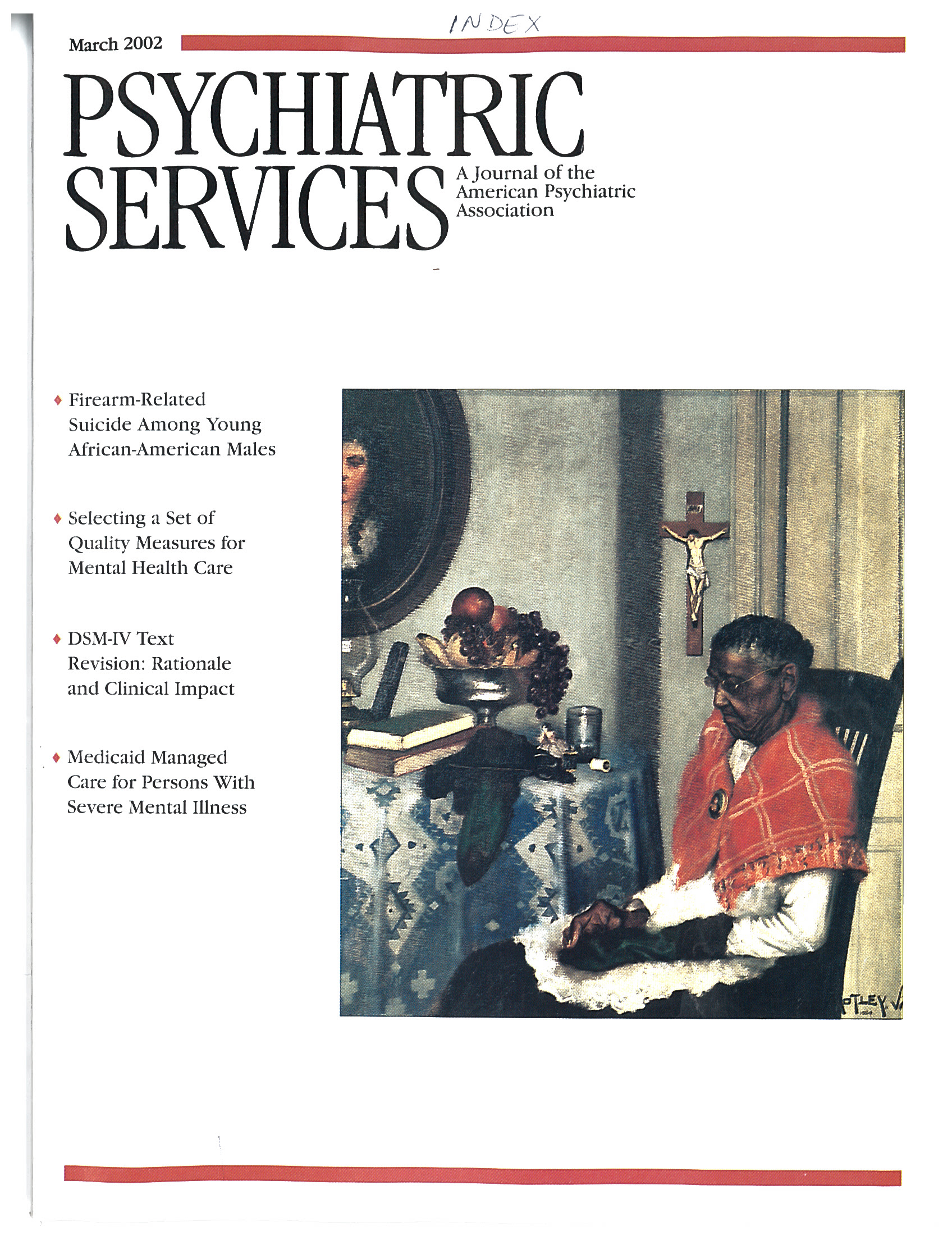The general argument addressed in this multiauthor volume is that a better interaction is needed between child and adult mental health systems. In the introductory chapter, the editors describe the many barriers to good coordination between the two systems. The book addresses mental health care in Great Britain, where, despite a more socialized health system, the barriers are remarkably similar to those in the United States.
According to the authors, the separation between the child and adult mental health systems in Great Britain is a result both of their different histories and of professional training, which tends to be compartmentalized into either child or adult treatment. The child and adult mental health systems in the United States are separated by the same barriers but have the added burden of there being multiple sources of funding for mental health services, each with its own eligibility criteria or limitations on services covered. A valuable aspect of this book for U.S. readers is that it provides a sense of the difficulties in the interactions of the two systems even when funding is not as important an issue. The final chapter provides good guidance on various steps that need to be taken to integrate the two systems, including research, training, a focus on prevention, and ways to link the two systems.
Most of the book focuses on circumstances under which a good interface between the two systems aids treatment. Such circumstances generally fall into two categories. First, many people who need mental health services as children continue to need them after they become adults. Coordinating their care across the boundaries of child and adult mental health services is important to good treatment. Second, when children or parents need mental health services, it is often advantageous to provide services to both generations. While the wisdom of integrating child and adult mental health services may be apparent to family members and to clinicians, numerous barriers to doing so remain.
The second section of the book focuses on the need to continue treating children as they move into adulthood and on the impact children can have on their parents, which may necessitate treatment of the parents. The third section addresses a variety of mental health conditions that parents may have. Among the topics covered are a host of specific psychiatric disorders, substance use, and a parent's history of abuse as a child. Each chapter describes how clinicians who treat adults with the conditions described need to be able to address children's mental health problems or to link them with other clinicians who can, because of the harm such conditions in parents can cause their children.
The fourth section describes various treatments that take a family systems approach, teach parenting skills, or link child and adult services. The final section describes future directions; in doing so it provides a theoretical framework for integrating adult and child services and suggestions on how to bridge the two systems.
The book has some limitations. The discussion focuses on treatment models rather than service models. There is little discussion of the need to pull in other systems, such as vocational rehabilitation or special education, except when the disorder being discussed directly calls for it. Thus the need to coordinate across several child and adult systems is not addressed. Similarly, in discussions about parents with mental illness, the focus is on family therapy or parent training models rather than the potential need to coordinate across various child and adult systems. Perhaps such discussions reflect the reality of the mental health system in Great Britain, which would differentiate it further from the U.S. system.
Confidentiality and trust are not well addressed in the book. Many parents with mental illness report that they are reluctant to reveal their mental health status for fear of losing their children to state custody. Such distrust or uncertainty can be a major barrier to extending treatment across generations.
Finally, parents are consistently presented only as parents who need to be treated or corrected, rather than as partners in addressing their families' needs. Family members may find this consistent perspective disrespectful of the particular strengths that they bring to bear in addressing any mental health issues in their families.
Family Matters provides useful reviews of relevant literature, including literature from Great Britain that may be less familiar to U.S. readers. Overall, the book provides compelling arguments for considering the family context of children and parents in treatment and for taking into account both the child's stage of development and the continuity of mental health problems into adulthood.

